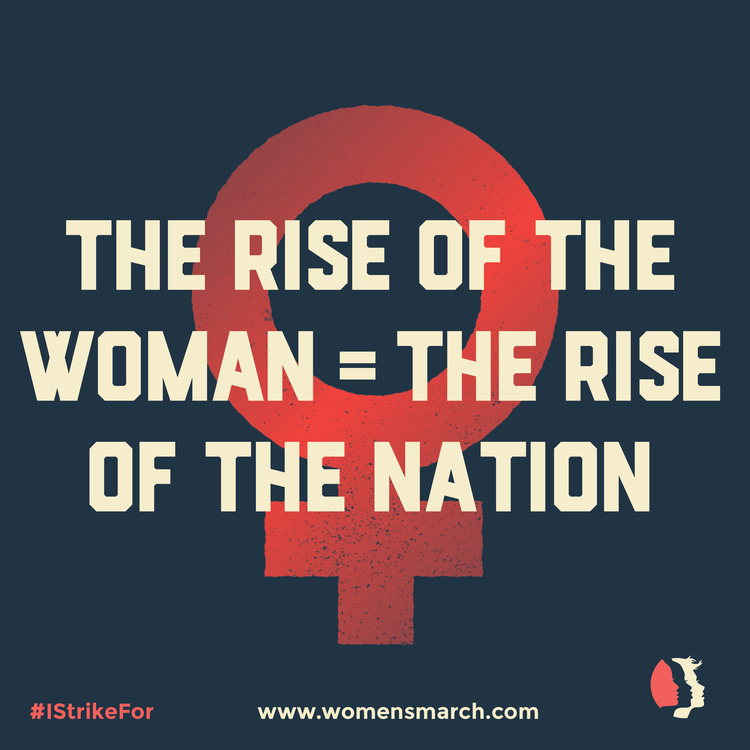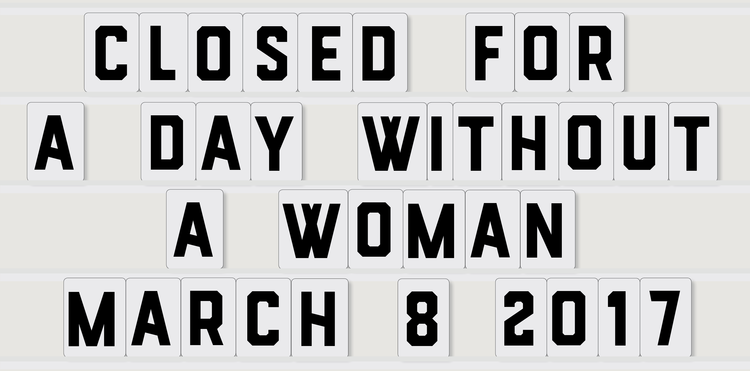As long as discrimination and inequities remain so commonplace everywhere in the world, as long as girls and women are valued less, fed less, fed last, overworked, underpaid, not schooled, subjected to violence in and outside their homes—the potential of the human family to create a peaceful, prosperous world will not be realized. – Hillary Clinton
Today, on International Women’s Day, women in the US are striking by abstaining from work and spending to demonstrate their economic power. It is a deeply ironic and upsetting proof of concept that many women cannot participate in the strike, either because their employers do not support them or because their labor is too essential. As a media company committed to equality, Kill Screen is striking today in solidarity with the women and girls who are silenced, undervalued, and mistreated both at work and at home.

According to Vox, the original National Women’s Day took place in New York and commemorated the International Ladies’ Garment Workers’ Union strike that happened the year prior in 1908. A hundred years ago, women were fighting for equality and fair treatment in the predominate labor sector of the time. Now, women must unfortunately continue this centuries-old battle, by fighting for fair treatment in today’s rising labor sectors, like technology. While inequality impacts every vocation, the rising economic and social importance of technology presents a new challenge.
Women are not only fighting for inclusion and fairness in this new labor force, but also for a seat in the spaces that increasingly decide what our future looks like. A report recently released by Accenture and Girls Who Code predicted that the percentage of women in computing will fall from 24% to 22% by 2025. As Susan Price stated in Forbes, “that gender gap not only impacts women’s career prospects and financial lives, but the U.S. economy as a whole. Keeping women on the sidelines means more computer jobs will go unfilled, reducing innovation and global competitiveness. It is already happening: In 2015, there were 500,000 new computing jobs to be filled but fewer than 40,000 new computer science graduates.”
Equality is not a women’s issue. The political is personal, and fighting for diversity is not an act of charity. On this Day Without a Woman, we encourage everyone to read some of the work we’ve published on the subject in the past, and to support creators and innovators of all genders, races, ethnicities, and cultures.
